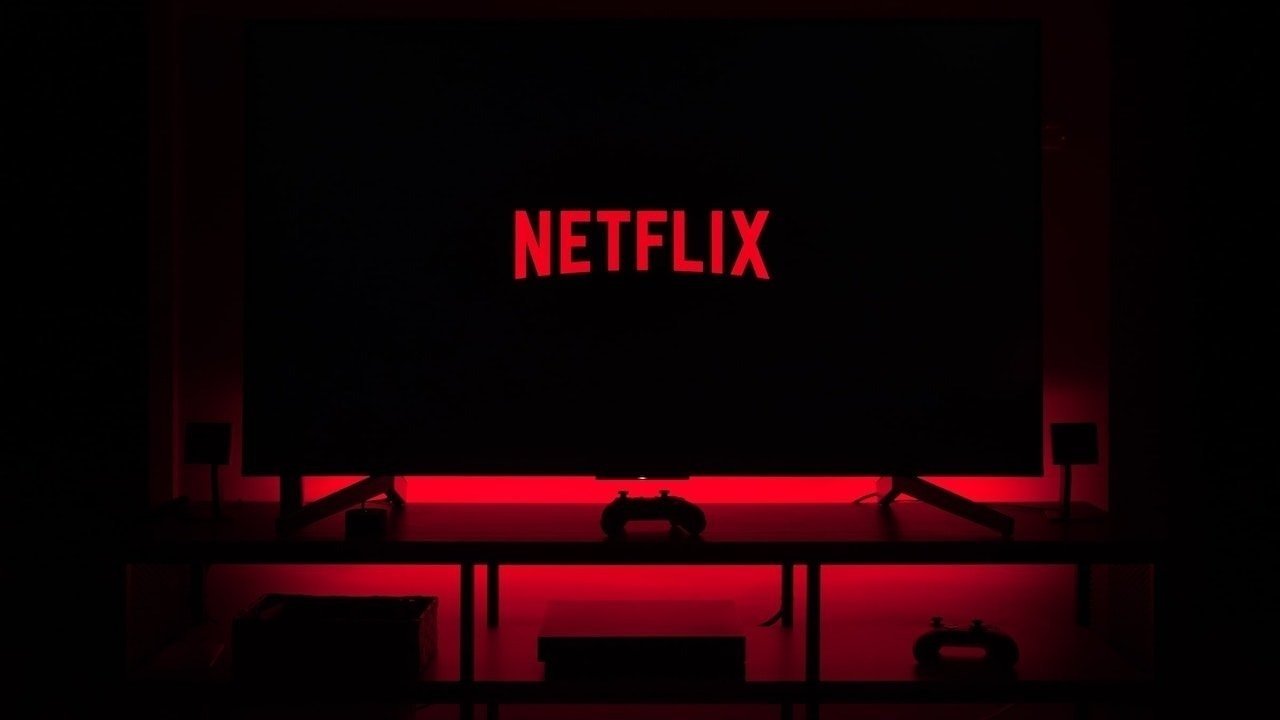Apple wasn't the only digital storefront to offer Netflix a deal to keep the streaming service using the App Store payment system, as Google apparently offered to take a lower cut from Android-based subscriptions.
During Apple's trial with Epic, it was revealed Apple attempted to keep Netflix from removing its subscription option from the iOS app by offering better terms. In an unsealed consumer lawsuit against Google, it appears the search company had the same problem.
A document from the potential class-action lawsuit claims major services including Netflix, Spotify, and Tinder wanted to get around Google Play Billing, with Netflix wanting to use an alternate payments system, according to The Verge. In an attempt to make the video streaming service happy, Google "offered to take a significantly reduced revenue share percentage to Netflix," the complaint asserts.
Though there are few details in the lawsuit, it does indicate that Google went through the same growing pains as Apple with regards to Netflix.
In the case of Apple, documents in the Epic lawsuit revealed Apple attempted to negotiate with Netflix, including offering an Apple TV bundle, in-depth performance data, for Netflix to join a "video partner program," email promotions by Apple, and promotions within Apple Stores.
It seems that attempts by Netflix to directly collect credit card details from Android users rather than using Google's payment system led to a "clarification" to developers requiring Play Store apps to use Google's transaction service.
The complaint offers more statements echoing Apple's lawsuit, with it claiming that the 30% standard Play Store commission was high and could be feasibly reduced. Quoting internal Google communications, the document says the Ply Store could break even with a fee of 6%, and that its decision to charge 30% has "no rationale, other than copying Apple."
 Malcolm Owen
Malcolm Owen









 Charles Martin
Charles Martin



 William Gallagher
William Gallagher
 Christine McKee
Christine McKee
 Marko Zivkovic
Marko Zivkovic









10 Comments
So what? Google, Apple, all the online stores have the right to negotiate whatever terms they want with any customer. They could tell company X they want a 30% cut, company Y a 100% cut, and company Z a 1% cut. That's their choice and it's just between the store and the company. Do you think Walmart has exactly the same terms with all of the vendors in their store? Target? Canadian Tire? Amazon? Of course not. In the case of Netflix you can't even claim it was some kind of market limitation, because it's available on multiple platforms including Roku, and over the web. I honestly don't see what grounds somebody outside of the deal is suing over.
I hope the judge sides in apple favor.